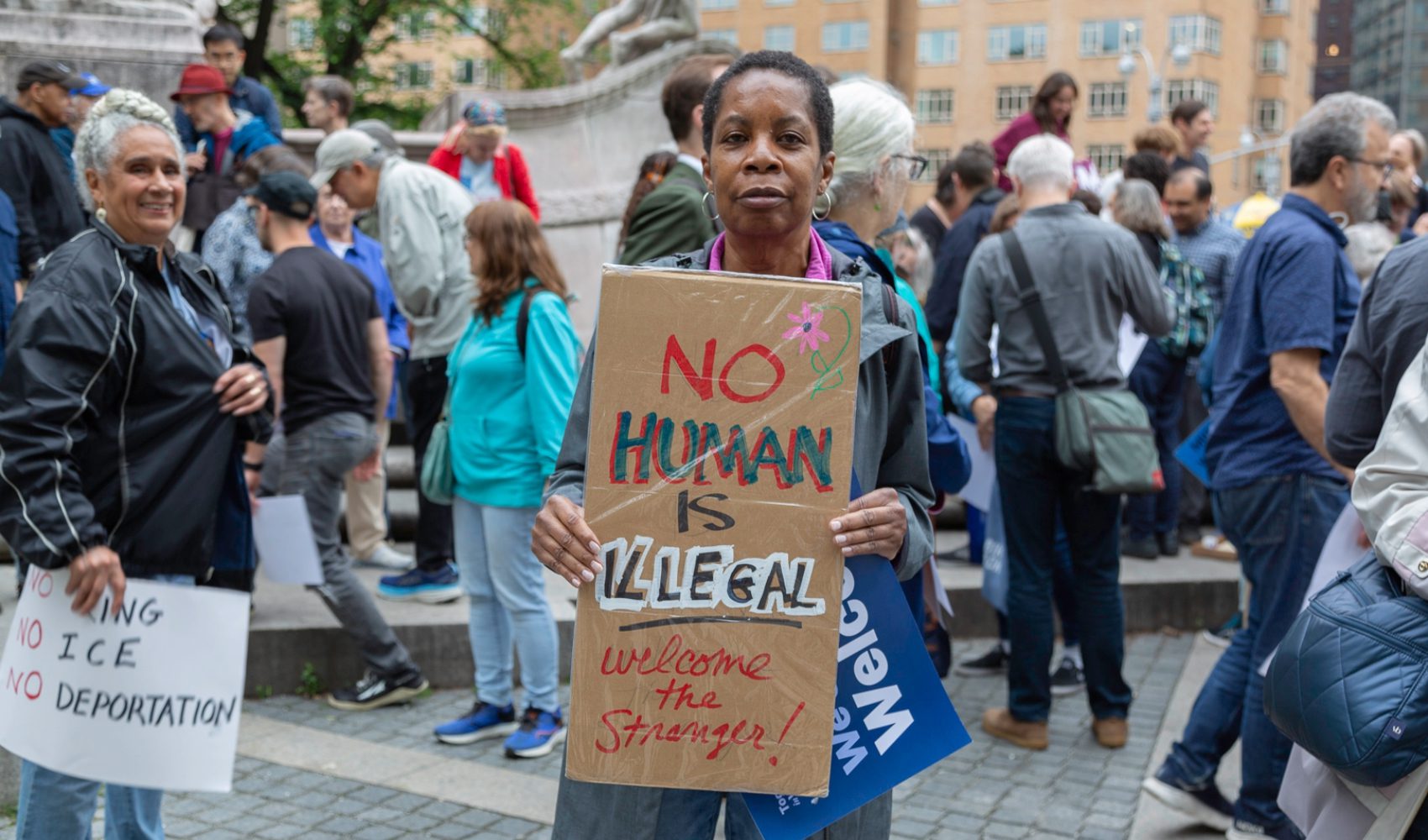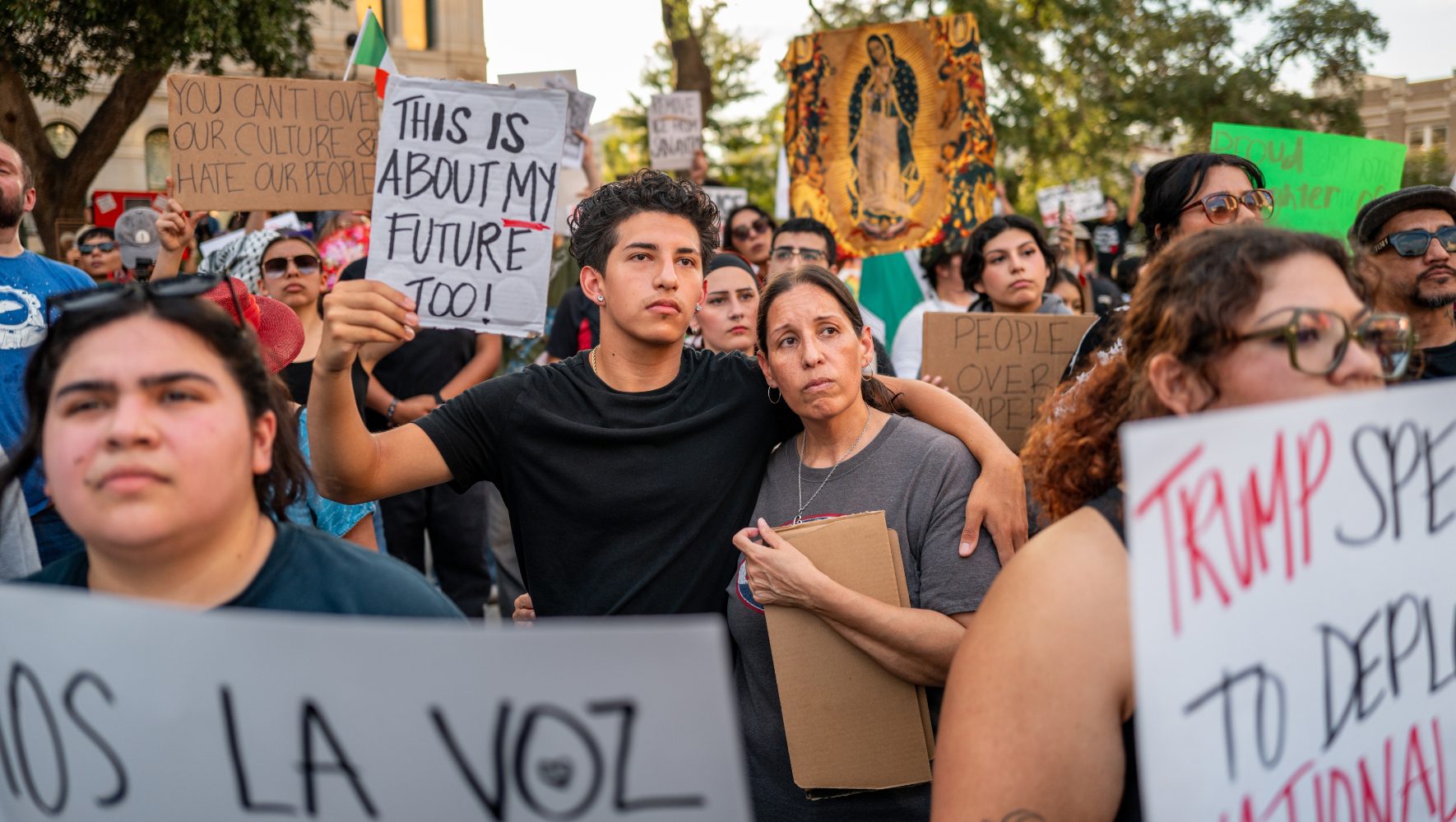Pew Poll on Jewish Americans Creates Space to Support Refugees
By HIAS
Oct 15, 2013
The findings from the Pew Research Center’s recent survey, A Portrait of Jewish Americans, have already sparked many discussions about what it means to be Jewish in America, whether or not we should be concerned by increasing rates of intermarriage and secularism, and the role that social justice plays in Jewish identity.
While there certainly is a rise in intermarriage and secularism in our community, 94% of U.S. Jews still say they are proud to be Jewish and 56% say that working for justice and equality is essential to what being Jewish means to them. At a roundtable discussion hosted by the Pew Research Center on October 10 to discuss the survey’s findings, Rabbi David Saperstein of the Religious Action Center for Reform Judaism articulated that this space is a tremendous opportunity to engage our fellow Jews.
HIAS remains deeply rooted in the organization’s own history of helping Jews facing persecution, but is also rooted in Jewish values, particularly the tradition of tikkun olam, which means healing the world. These values have supported the organization as it has expanded to protect increasing numbers of non-Jewish refugees.
HIAS President and CEO Mark Hetfield has explained that “young Jews are much more interested … in using their Jewish identity to engage with the rest of the world to make the world a better place,” and that Federations are looking to HIAS to help engage a younger generation of Jews who are more interested in secular social justice and are passionate about tikkun olam. Protecting refugees from all backgrounds from all over the world provides a good opportunity to do this.
When we consider what it means to be a refugee—and the struggles endured by the approximately 70,000 refugees resettled throughout the United States each year who faced persecution and were forced to flee and integrate into new communities—it is encouraging to learn that 69% of the Jews surveyed indicated that leading an ethical life is essential to their Jewish identity and that many are aware of discrimination right here at home.
The survey found that a majority of Jews think that gays and lesbians (72%), Muslims (72%), and black people (64%) face discrimination. Recognizing the biases present in the United States and wanting to personally lead ethical lives positions Jews to be ambassadors for justice and equality by creating welcoming environments for refugees, especially as the numbers of Muslim, African, and gay and lesbian refugees resettled to the United States are rising.
As HIAS’ continues its work around the world protecting refugees whose lives are in danger for simply being who they are, our efforts run parallel with the sentiment of American Jewry. At HIAS, we hope to continue to engage meaningfully with the Jewish community and work together to welcome the stranger and protect the refugee.


